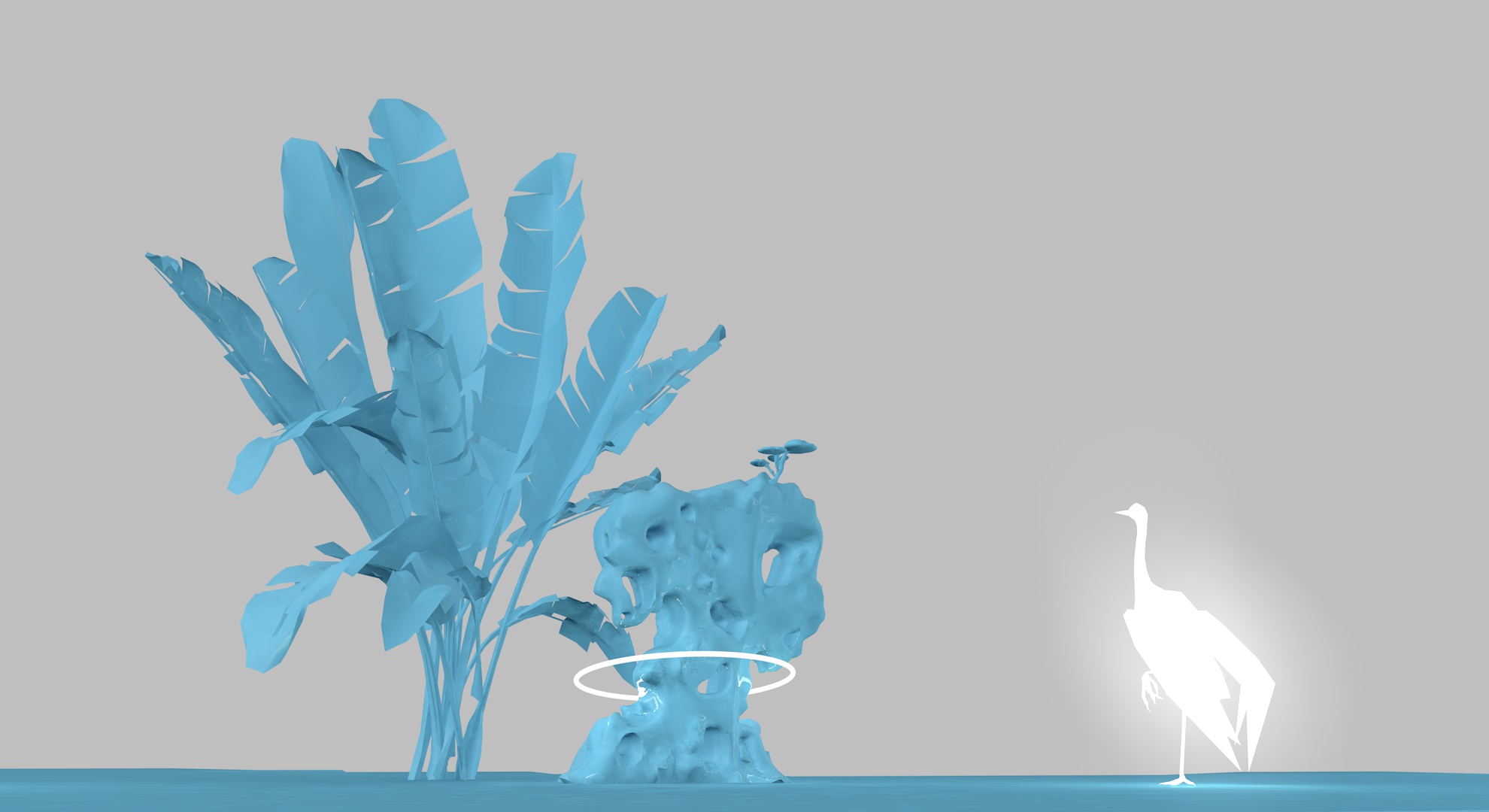Kuidou Bowl, Rice Porridge and
Teochew
Immigration | 葵斗碗,粥,潮州移民
Medium: Moving Image
Dimension: 1920 x 1080
Duraction: 8' 15''
Year: 2021
Language: Mandarin, Teochew, Cantonese, English, Thai
媒介:影像
尺寸:1920*1080
时长:8'15''
创作年份:2021
语言: 普通话,潮州话, 广东话,英语,泰语
This work centers around a Kuidou bowl that I discovered in my hometown of Teochew, Guangdong, China. In the exploration of the bowl, I have employed autoethnography to investigate the traditional values, history of food shortages and migration that underpin its cultural significance. To provide a tangible example, I drew on the story of my great grandfather, who traveled to Thailand for work before the Second World War due to food scarcity.
Historically, this type of tableware was commonly used by ordinary people to serve rice porridge and was popularized by the migration of the Teochew people throughout Guangdong, Hong Kong, and Southeast Asia. The symbols on the bowls relating to food resources, fertility, longevity and family continuity are all the essential elements of agrarian society. I have incorporated these symbols as the four main themes of my narrative.

